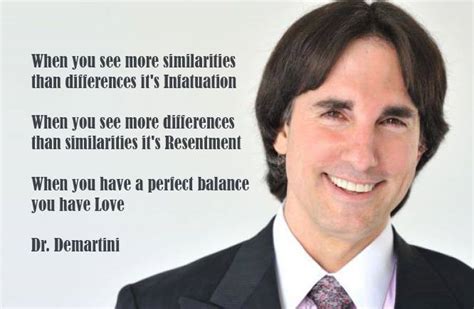A Quote by Thomas Browne
Be charitable before wealth makes you covetous.
Quote Topics
Related Quotes
Charity is commendable; everyone should be charitable. But justice aims to create a social order in which, if individuals choose not to be charitable, people still don't go hungry, unschooled or sick without care. Charity depends on the vicissitudes of whim and personal wealth; justice depends on commitment instead of circumstance.
The covetous man feareth not God. This also is plain from the word because it setteth covetousness and the fear of God in direct opposition. Men that fear God are said to hate covetousness, Exod. xviii. 21. Besides the covetous man is called an idolater and is said to have no part in the kingdom of Christ and of God, Col. iii. 5. And again; 'The wicked boasteth of his heart's desire and blesseth the covetous whom the Lord abhorreth,' Psa. x. 3.




































